 At the beginning of this month of July, the book “Education for Democratic Intercultural Citizenship” has been published. It is edited by Dr. Wiel Veugelers, professor at the University of Humanistic Studies, Utrecht (Países Bajos) and also director of the project Erasmus+ KA2 Strategic Partnership EDIC (Education for Democratic Intercultural Citizenship), of which this book is a result and in which seven European universities have participated: University of Humanistic Studies, Utrecht (Netherlands), University of Barcelona (Spain), Tallinn University (Estonia), Bath Spa University (United Kingdom), University of Helsinki (Finland), Charles University Prague (Czech Republic) & Aristotle University Thessaloniki (Greece).
At the beginning of this month of July, the book “Education for Democratic Intercultural Citizenship” has been published. It is edited by Dr. Wiel Veugelers, professor at the University of Humanistic Studies, Utrecht (Países Bajos) and also director of the project Erasmus+ KA2 Strategic Partnership EDIC (Education for Democratic Intercultural Citizenship), of which this book is a result and in which seven European universities have participated: University of Humanistic Studies, Utrecht (Netherlands), University of Barcelona (Spain), Tallinn University (Estonia), Bath Spa University (United Kingdom), University of Helsinki (Finland), Charles University Prague (Czech Republic) & Aristotle University Thessaloniki (Greece).
Dr. Buxarrais has contributed with the third chapter, entitled Ethical Competences for Democratic Citizenship at School, University and in Family, written with Dr. Elena Noguera and Dr. Fracisco Esteban, also from the University of Barcelona.
The book can be freely downoaded in pdf format from the website of Brill Sense Publishers.










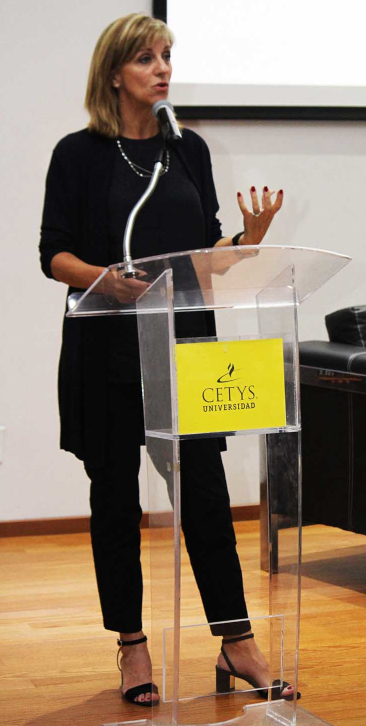
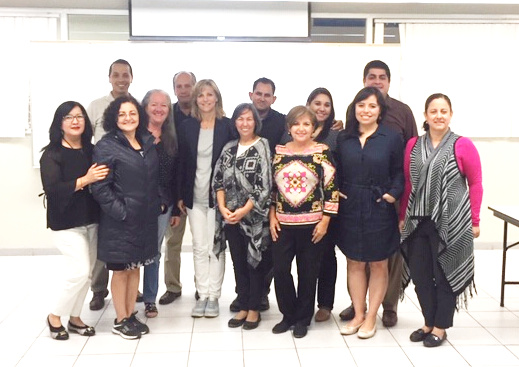 Lecturers from CETYS University, Mexicali Campus
Lecturers from CETYS University, Mexicali Campus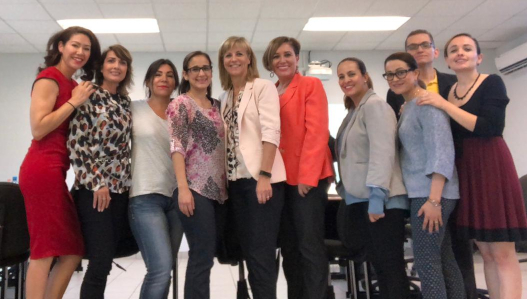 Lecturers from CETYS University, Ensenada Campus
Lecturers from CETYS University, Ensenada Campus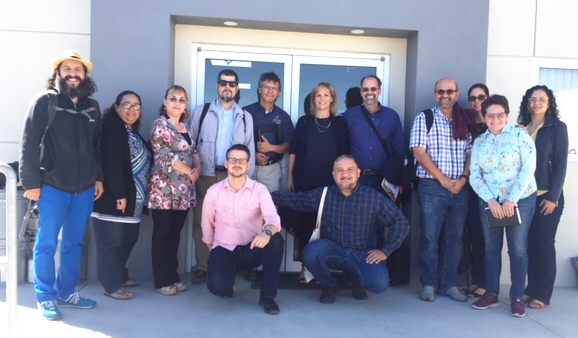 Lecturers from CETYS University, Tijuana Campus
Lecturers from CETYS University, Tijuana Campus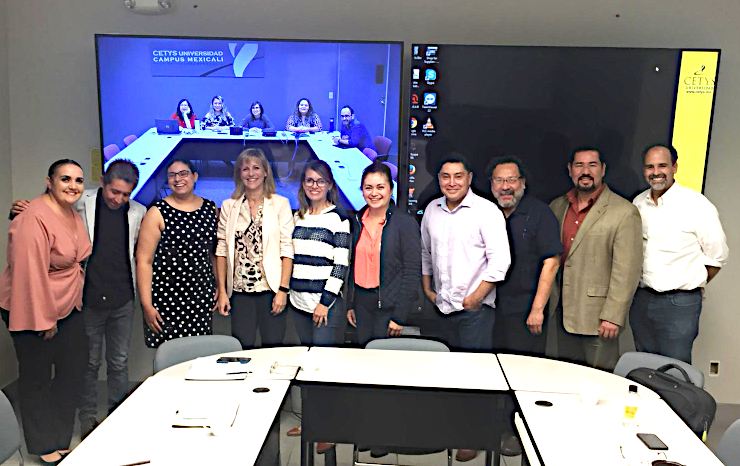 Seminar with PhD Students from CETYS University
Seminar with PhD Students from CETYS University